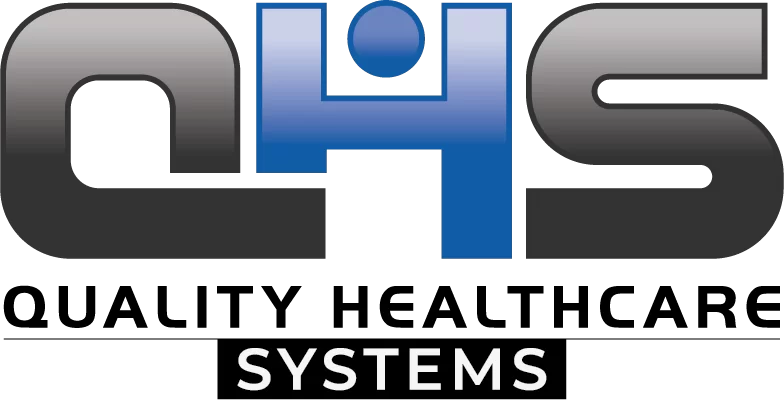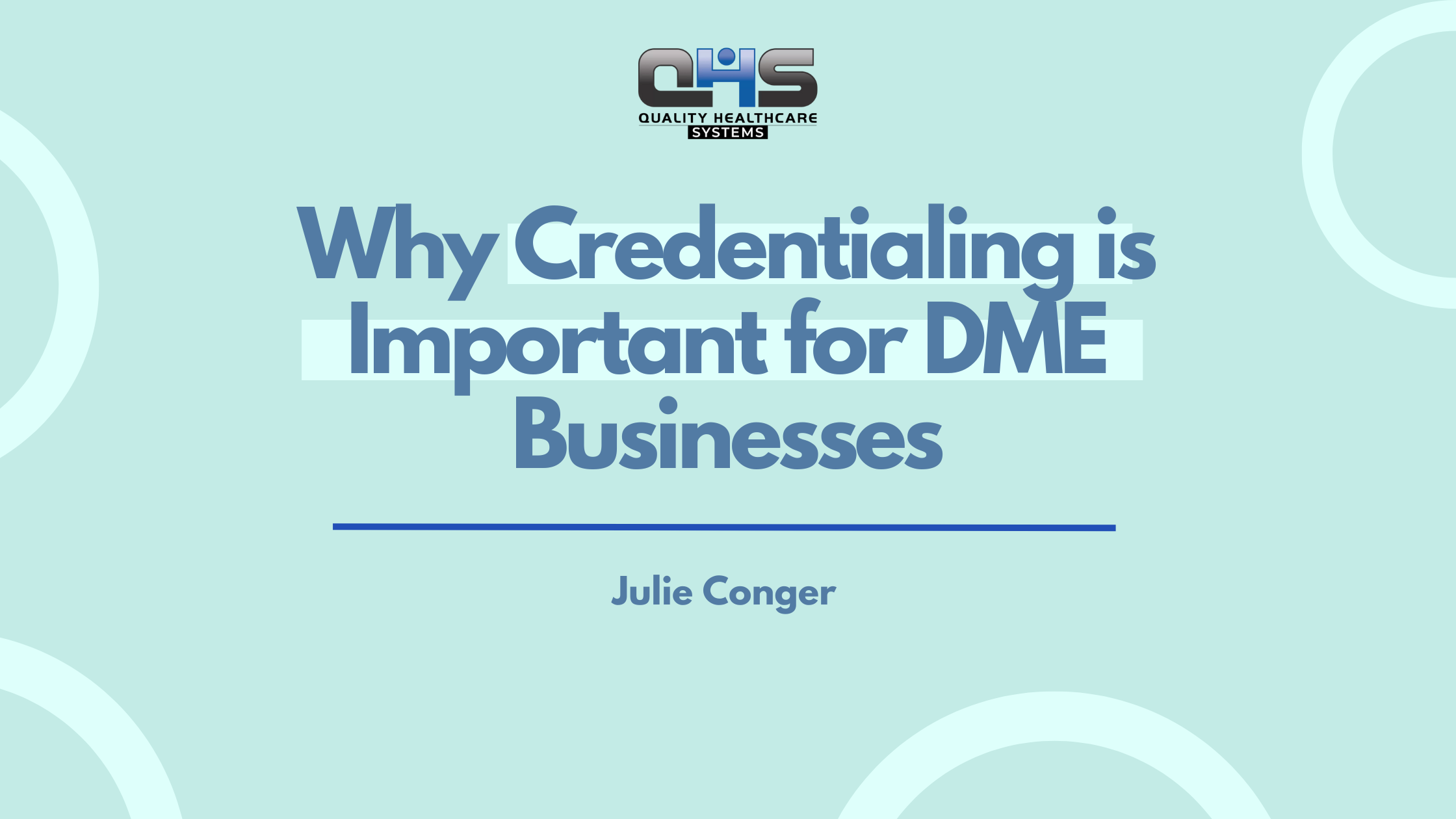Whether you’re starting a DME business or looking to optimize your practice, you have to follow guidelines, maintain certain growth standards and deliver efficient service. The best way to be in control is through credentialing as it validates providers and allows them to easily associate with insurance networks and serve patients better. Credentialing impacts multiple areas of a DME business, from billing to reputation.
Read more to know all about why credentialing for DME providers is essential and how it helps secure long-term success.
What is Credentialing?
In the context of DME businesses, credentialing validates that providers fulfill all the legal, regulatory, and payer requirements to deliver services and bill insurance companies, including Medicare and Medicaid.
Requirements for DME Businesses
Credentialing involves detailed set of requirements and meeting these requirements is essential to maintaining eligibility for insurance networks and Medicare reimbursements
Key requirements include:
- Proof of licensing for DME operations.
- Certification of compliance with Medicare and payer-specific guidelines.
- Documentation of business practices and employee qualifications.
5 Reasons Why DME Businesses Need Credentialing
Credentialing is helpful for DME businesses to meet legal requirements and expand their market reach. Here are the key reasons why credentialing is necessary for DME businesses:
Compliance with Legal and Regulatory Standards
Compliance is a necessity in the healthcare industry, and credentialing helps keep your business operational within the law. Credentialing verifies that your team meets state, federal, and payer-specific requirements.
Without meeting the credentialing requirements for DME businesses, you risk penalties, claim rejections, or even suspension of operations. Credentialing provides a framework to keep your business aligned with healthcare standards.
Streamlined Medical Billing and Reimbursement
Credentialing is directly proportional to medical billing; the more often your business completes credentialing, the easier it is to proceed with DME billing. Without credentialing, DME providers cannot submit claims to Medicare, Medicaid, or private insurers. You can also face severe cash flow challenges and revenue losses.
Through DME provider enrollment, you are validated to be eligible to work with multiple insurance networks for maximum reimbursements. Medicare, as one of the largest payers, often mandates proper credentialing before processing claims.
Broader Access to Patients and Insurance Networks
Insurance companies and healthcare networks require DME licensing and credentialing before providers can join their panels. You can easily know which business is qualified to be working with, so that you won’t be hesitant to put your trust in the healthcare ecosystem.
Credentialing allows your business to serve patients who rely on insurance for durable medical equipment and supplies. Expanding your payer network also increases referrals, helping your business grow.
What’s the Need for Broader Access:
- Attracts more patients covered by insurance.
- Builds partnerships with hospitals, clinics, and healthcare providers.
- Enhances your credibility as a trusted provider.
The importance of credentialing in DME lies in its ability to connect your business to a wider audience, increasing opportunities for revenue and recognition.
Improved Patient Trust and Confidence
Patients rely on DME providers for essential equipment that directly affects their health and quality of life. Proper credentialing demonstrates your commitment to maintaining high standards, which builds confidence among patients and their families.
When patients see that your business meets credentialing requirements for DME businesses, they feel reassured about the safety and reliability of your services. This trust leads to long-term loyalty and positive word-of-mouth recommendations.
How Credentialing Attracts Patients:
- Access to high-quality, certified medical equipment.
- Confidence in your compliance with safety standards.
- Assurance of ethical and professional practices.
Credentialing for DME providers helps create a solid reputation, making patients more likely to choose your business over competitors. It not only attracts but helps retain patients as well.
Efficiency in Medicare and Insurance Operations
Knowing about Medicare and insurance processes can be complex for DME businesses. Credentialing simplifies this by keeping all necessary documentation in place for smooth operations. Medicare credentialing for DME is particularly important, as it allows providers to bill Medicare for services.
Without credentialing, claims can be denied or delayed, creating operational bottlenecks.
Why Efficiency Matters:
- Avoids delays in claims processing and payments.
- Helps in becoming compliant with insurance and Medicare guidelines.
- Simplifies the enrollment and billing processes.
By streamlining operations, credentialing enables your team to focus on providing quality services to patients without administrative distractions.
The Role of Professional Credentialing Services
The DME credentialing process can be time-consuming and complex, especially for businesses unfamiliar with its requirements. Many DME providers turn to professional credentialing services for DME to maintain accuracy and compliance.
Advantages of Professional Credentialing:
- Experts handle applications, renewals, and updates.
- Reduces errors and ensures compliance with changing regulations.
- Saves time, allowing your team to focus on core operations.
Professional credentialing services act as partners in your business’s growth, helping you avoid common pitfalls and maintain seamless operations.
Final Thoughts
The importance of credentialing in DME goes far beyond compliance. It’s a strategic process that drives business growth, enhances patient trust, and ensures financial stability. From smoother billing processes to expanded payer networks, credentialing impacts every aspect of your operations.
Every DME business must undergo the credentialing process as it sets the foundation for long-term success with resources needed to move forward in the competitive healthcare industry.






